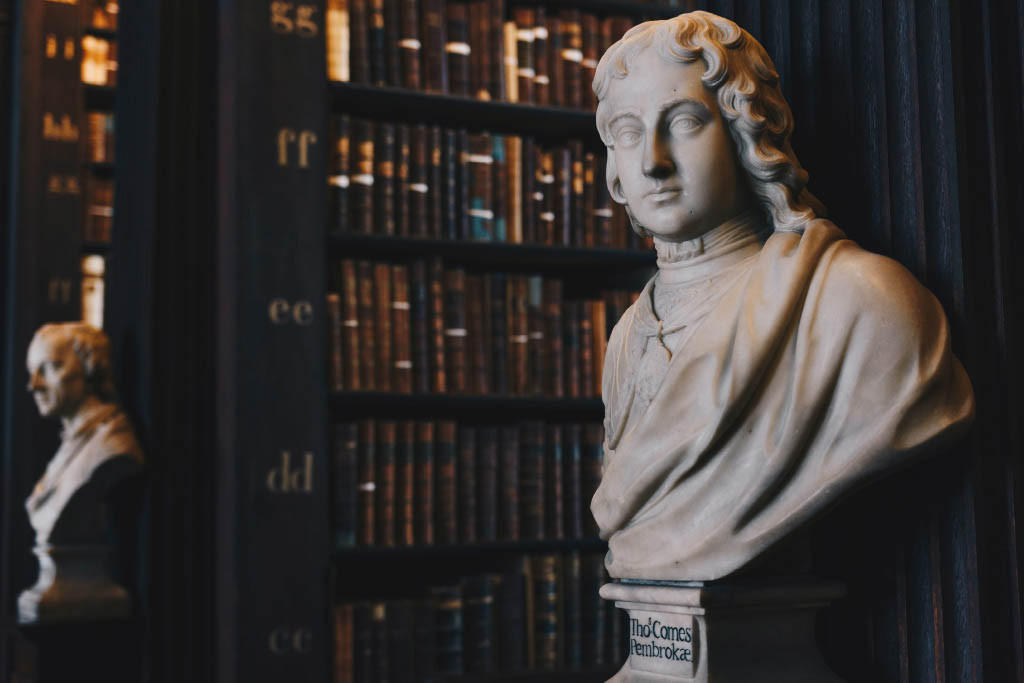Posted: Wednesday, 20 March 2024 @ 11:31
 Here is some information(in plain English) on the key legal obligations of Trustees.
Here is some information(in plain English) on the key legal obligations of Trustees.
What Are the legal obligations of trustees?
1. To
exercise reasonable care and skill
Section 1 of
the Trustee Act 2000 provides a general duty of care that is applicable to both
trustees and PRs. The duty applies to specific situations defined in the Act,
such as investing trust funds or acquiring land. Where the duty applies, a
trustee must use such care and skill as is reasonable in the circumstances.
For trustees
with professional knowledge or trustees acting in the course of business, i.e.
professional trustees, a higher standard of care will be expected, in line with
their additional knowledge.
In addition,
there is a common law duty of care to act in the best interests of the
beneficiaries even if this conflicts with the trustee’s personal beliefs.
The standard
of care applicable is that expected of a prudent businessman managing affairs
for someone he felt morally bound to provide for and depends on the
individual’s skills and expertise.
The Will or
trust instrument may exclude the duty of care and may exclude trustees’
liability for breach of duty.
2. To act
in the best interests of the beneficiaries as a whole
•
Trustees should not favour one beneficiary over
the others. This means that they should maintain a balance between the
beneficiaries. For example, trustees of a life interest trust should not prefer
the interests of the remainderman over those of the life tenant or vice versa.
•
Where the testator or settlor had a personal
connection to the life tenant but not to the remainderman, the PRs or trustees
can prefer the interests of the beneficiary known to the testator of settler to
a certain extent. This does not, however, allow them to exclude the interests
of the remainderman entirely (Nestlé v. National Westminster Bank plc [1993] 1
WLR 1260). Duties and Responsibilities of Trustees and Personal
Representatives.
•
Not to be remunerated for services provided
unless authorised.
•
It is common now for a Will or trust instrument
to provide for PRs and trustees, particularly professionals, to be paid.
•
A professional PR or trustee can be paid if all
his fellow PRs or trustees agree in writing, even if the Will or trust
instrument does not specify this (s.29(2) Trustee Act 2000). This provision
does not apply to sole PRs or trustees or to charity trustees. A sole PR or
trustee of a non-charitable trust will therefore need to appoint a co-trustee
to receive remuneration if this is not expressly authorised by the Will or
Trust Instrument.
•
Not to use trust property for private advantage
A trustee may not sell trust property to himself nor make a secret profit from
the trust as there is a conflict between the trustee’s fiduciary duty and his
personal interest.
3. To obey
the terms of the trust
In the case of
a Will trust, the terms will normally be found in the Will.
If trustees
act outside the terms they will be in breach of trust.
4. To
invest trust funds properly
Trustees have
a duty to preserve the trust fund which implies a duty to invest any money not
required for current use. This includes a duty to convert any improper funds
into sensible assets, e.g. to convert investments in a life interest trust
which only produce capital to income producing investments.
Trustees
should obtain the best rate of return available.
The Trustee
Act 2000 provides trustees with a general power of investment to invest as if
they were absolutely entitled to the assets of the trust.
Before
exercising their powers of investment, trustees must obtain and consider proper
advice on the suitability of the proposed investment unless they reasonably
conclude that in all the circumstances it is unnecessary or inappropriate to do
so.
Trustees must
also review their investments from time to time to consider whether they should
be varied considering the standard investment criteria.